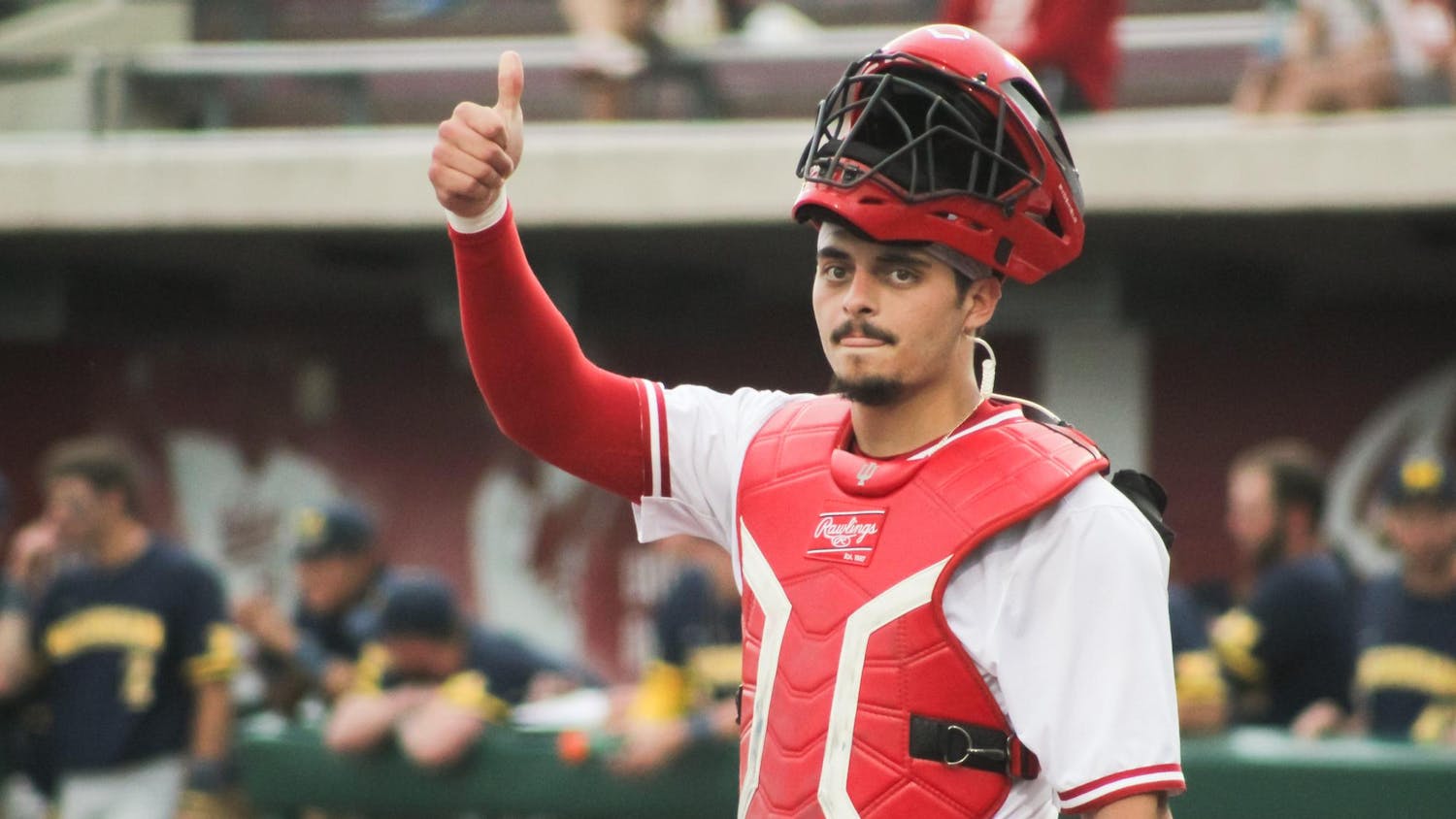NEWBURGH, Ind. – Muslim Student Union President Myeda Hussain opened the door to her parents’ home in Newburgh, Ind. \nShe greeted the awaiting guests with a hearty “Eid Mubarak” and “Salaam wa’alaikum,” and escorted them to the basement, where dozens of women were dressed in their finest, most colorful salwar kameezs, knee-length embroidered shirts with loose, decorative pants. Hussain’s mother ushered the guests toward the table of Pakistani food, and her sister began playing bhangra music. The Pakistani tradition of chaand raat, a social gathering of women, had begun. \nFriday night marked the eve of Eid al-Fitr, the celebration of the end of Ramadan. The holiday this weekend was one of two major holidays in Islam; the other is Eid al-Adha, a festival of sacrifice at the end of the annual pilgrimage to the Islamic holy city of Mecca in Saudi Arabia.\n“Chaand raat literally means ‘night of the moon,’” Hussain said. “This signifies that the moon was seen and the end of Ramadan, and it’s the opportunity for women to prepare themselves for all the Eid functions of the next day.” \nEid al-Fitr is a time to give to charities and to help those in need, in addition to spending time with family and friends, much like Thanksgiving or Christmas. Chaand raat is celebrated only in Pakistan and India, Hussain said. Only women are allowed to come, and are able to take off their hijabs in the company of other women. \n“In Pakistan, women and girls get together and go out shopping for clothes and bangles for Eid and put henna all over themselves,” she said. “But in the U.S., we don’t have bazaars to go to, so it’s more of a mehndi (henna) and dancing thing.”\nMen are usually congregating as well, but it’s because they’ve been kicked out of their houses, Hussain said. \nThe next day, Hussain and her family woke up early to go to Eid services. \n“The services began with a sermon that was about poverty and the need for Muslims to help their neighbors,” she said. “That was followed by a congressional prayer, then we all gathered for a light breakfast.”\nMuslim community members throughout the rest of the day held open houses, welcoming family and friends to socialize and to eat, Hussain said.\n“The cool thing about these open houses is that, in Pakistan, open houses are usually just for family,” she said. “But again, here we have open houses for the whole community.”
Muslim students mark end of Ramadan with celebration
Get stories like this in your inbox
Subscribe





